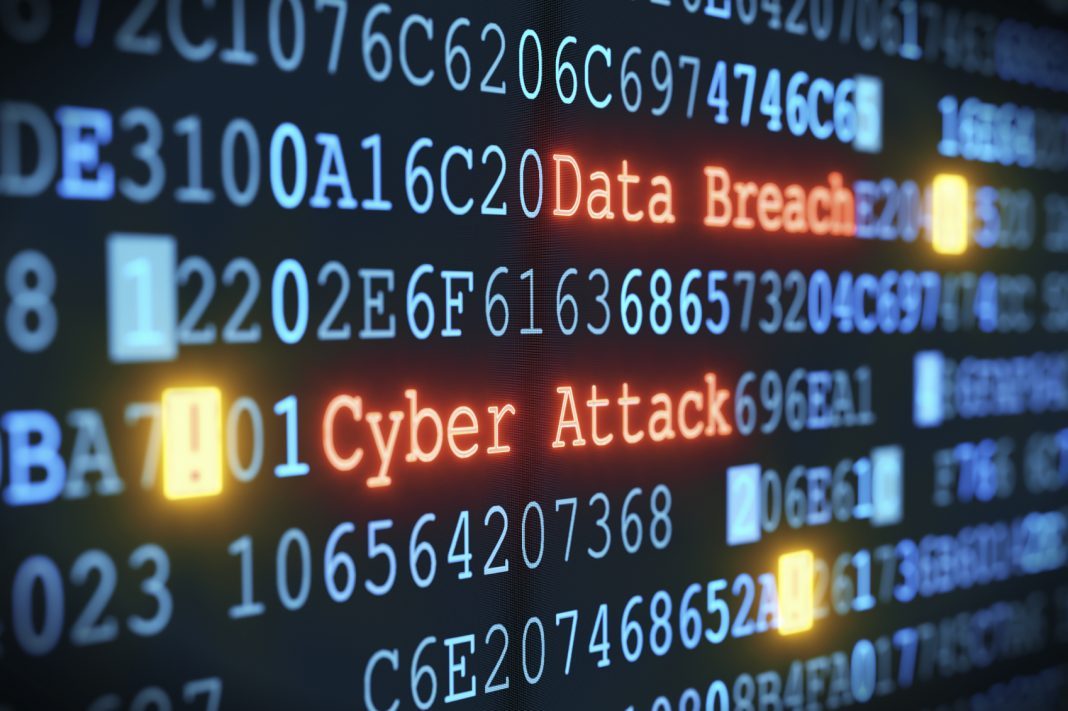Russian cyber tensions
February 17, 2018 | Expert Insights

On Thursday, the United Kingdom and the United States formally identified Russia as the propagator of the NotPetya cyber-attacks of 2017. The attacks were directed at Ukraine, with whom Russia has a territorial dispute.
London and Moscow have disparaged Russia’s digital aggression and promised consequences.
Background
Cyber terrorism is broadly defined as the of cyber infrastructure to launch major attacks on other infrastructures with political or malicious intent. Cyber-crime is a growing security threat for nations across the world. Last year, in the “WannaCry” attack that the United States and others have attributed to North Korea, 200,000 individual users across 150 countries had their information held at ransom by malware. US experts have said that this was most likely an attempt by the isolated nation to obtain international currency.
According to the US intelligence agencies, Russia interfered in the 2016 presidential elections. The country is reported to have carried out an “influence campaign” against Hillary Clinton. It hacked the servers of the Democratic National Committee and sent the contents of those emails to WikiLeaks. It also hacked the private email of Hillary Clinton’s campaign manager, John Podesta. WikiLeaks, in turn, released that content to the public.
US President, Donald Trump has been enigmatic in blaming Russia for the cyber-attacks. He has said that other countries could have been part of this hack as well. There is also an ongoing Department of Justice investigation looking into whether members of the Trump campaign colluded with Russia.
Only last year, the US Department of Homeland Security ordered all government agencies and departments to stop using Kaspersky, a security software developed by the Russian multinational company Kaspersky Lab.
Ukraine is an independent state that ceded from the Soviet Union in 1991. In 2014, Russia annexed the Crimean Peninsula, which Ukraine and a large portion of the international community recognise as Ukrainian. Moscow views the country as a security threat, and has been accused of interfering in Ukraine to back pro-Russia separatists.
Analysis
The NotPetya attacks took place in June 2017, attacking corporations across the world and leading to a loss of approximately $1.2 billion. The virus was a malware directed primarily at Ukraine, hitting financial and government sectors. It also affected organisations that had strong ties in the nation, such as Reckitt Benckister, TNT, and Maersk. Its “indiscriminate design" made it spread to other agencies across the world, such as Merck & FedEx, and ports in Mumbai and Amsterdam.
On 15th February, White House press secretary Sarah Sanders released a statement attributing this attack to Russia. “In June 2017, the Russian military launched the most destructive and costly cyber-attack in history,” she said. “It was part of the Kremlin’s ongoing effort to destabilise Ukraine and demonstrates ever more clearly Russia’s involvement in the ongoing conflict.”
“This was also a reckless and indiscriminate cyber-attack that will be met with international consequences,” she added.
This announcement came only hours after the United Kingdom released a similar statement. “The destructive attack masqueraded as ransomware, but its purpose was principally to disrupt,” said Foreign Office Minister for Cyber Security Tariq Ahmad. “The decision to publicly attribute this incident underlines the fact that the UK and its allies will not tolerate malicious cyber activity,” he said.
British defence secretary Gavin Williamson also released a statement, cautioning against the “new era of warfare”, which is “witnessing a destructive and deadly mix of conventional military might and malicious cyber-attacks”. “Russia is ripping up the rulebook by undermining democracy, wrecking livelihoods by targeting critical infrastructure and weaponising information,” said Williamson. “We must be primed and ready to tackle these stark and intensifying threats.”
Russia has denied all involvement. “We strongly reject such accusations, we consider them to be groundless,” spokesman for the presidential office Dmitry Peskov told national journalists. “This is nothing but a continuation of a Russophobic campaign that is not based on any evidence.”
Assessment
Our assessment is that this accusation will add to the long list of tensions between Moscow and the West. Russian disinformation campaigns have already resulted in raised hackles from the international community. While the trend of cyber-attacks has thus far been either financial gain or intimidation, they hold the potential to be deadly, should they affect hospitals or military bases, for example. The decision by the UK and US to recognise Russia as the cyber-attacker may be a step in the right direction, if this action is taken. However, pointing blame and threatening “consequences” without imposing any, will make these statements lose their credibility.








Comments